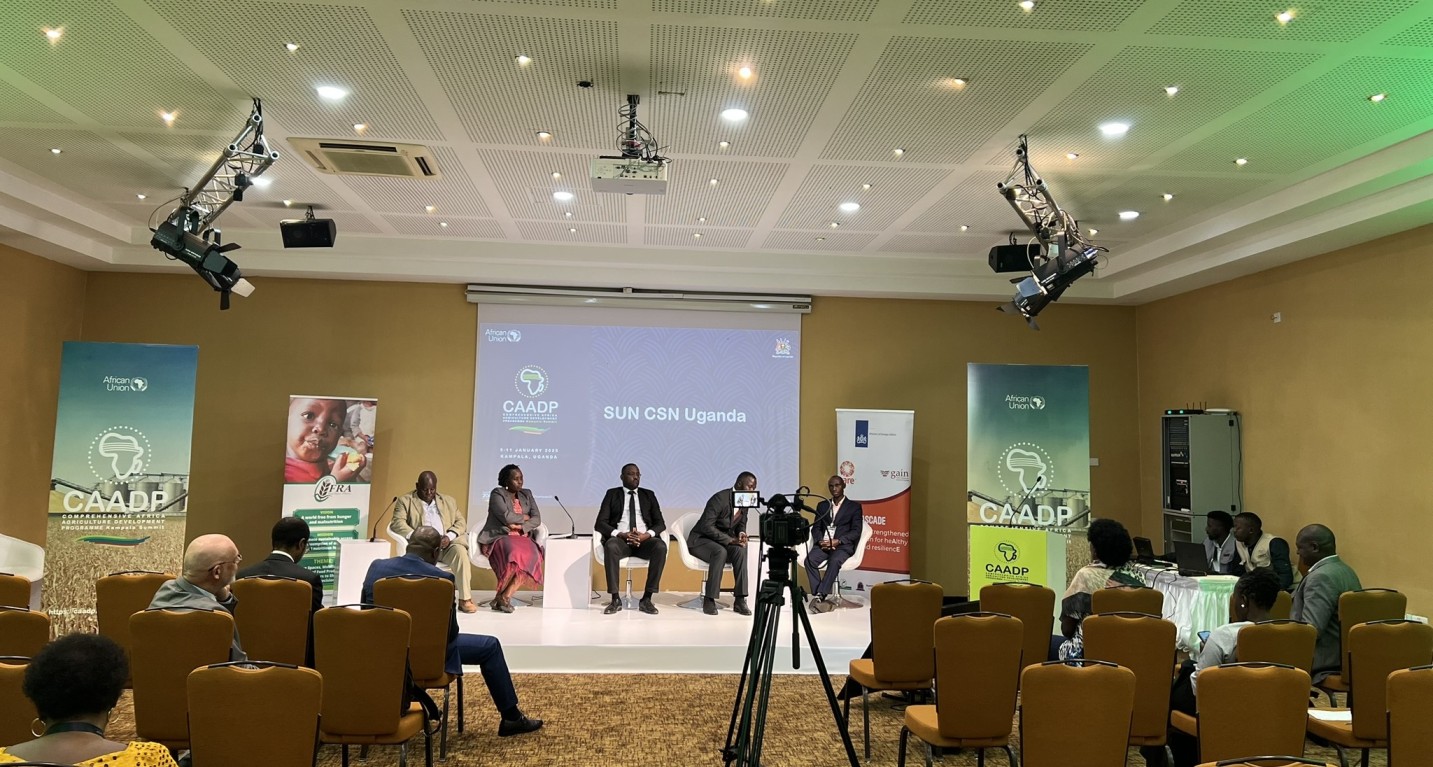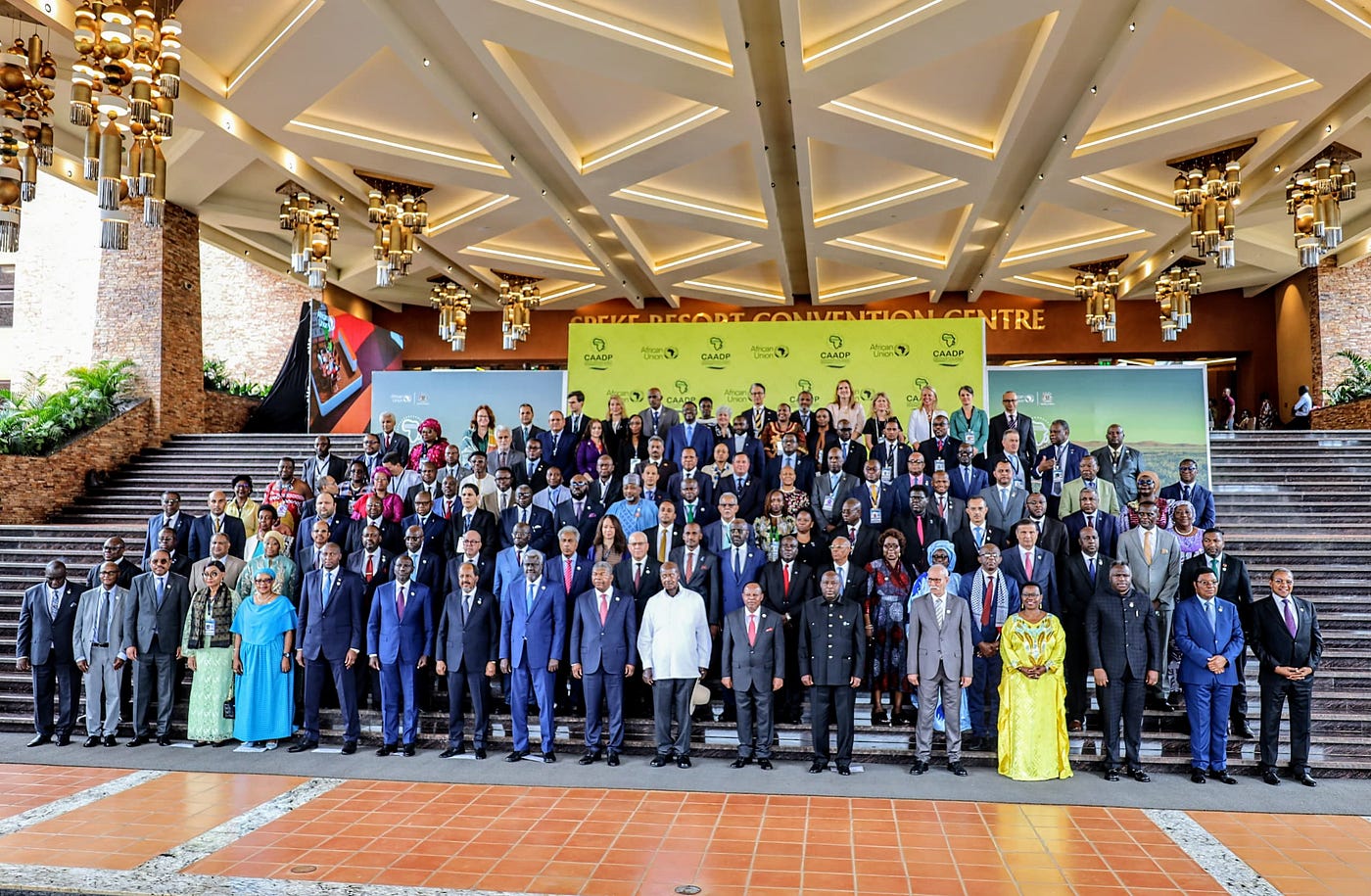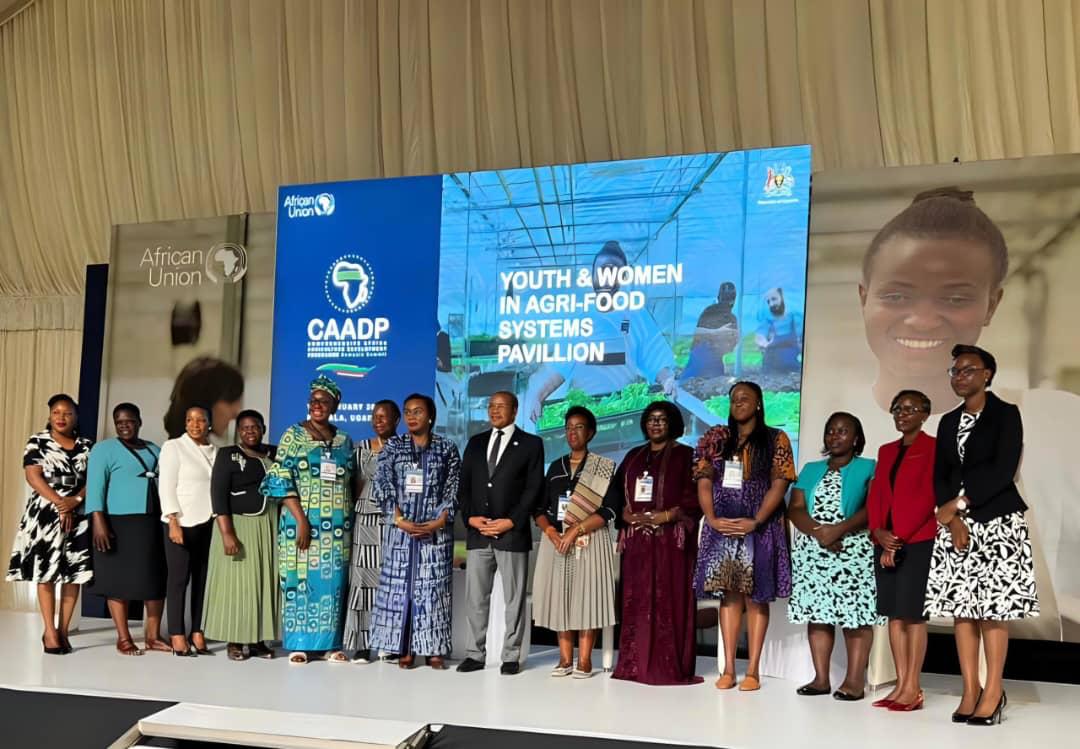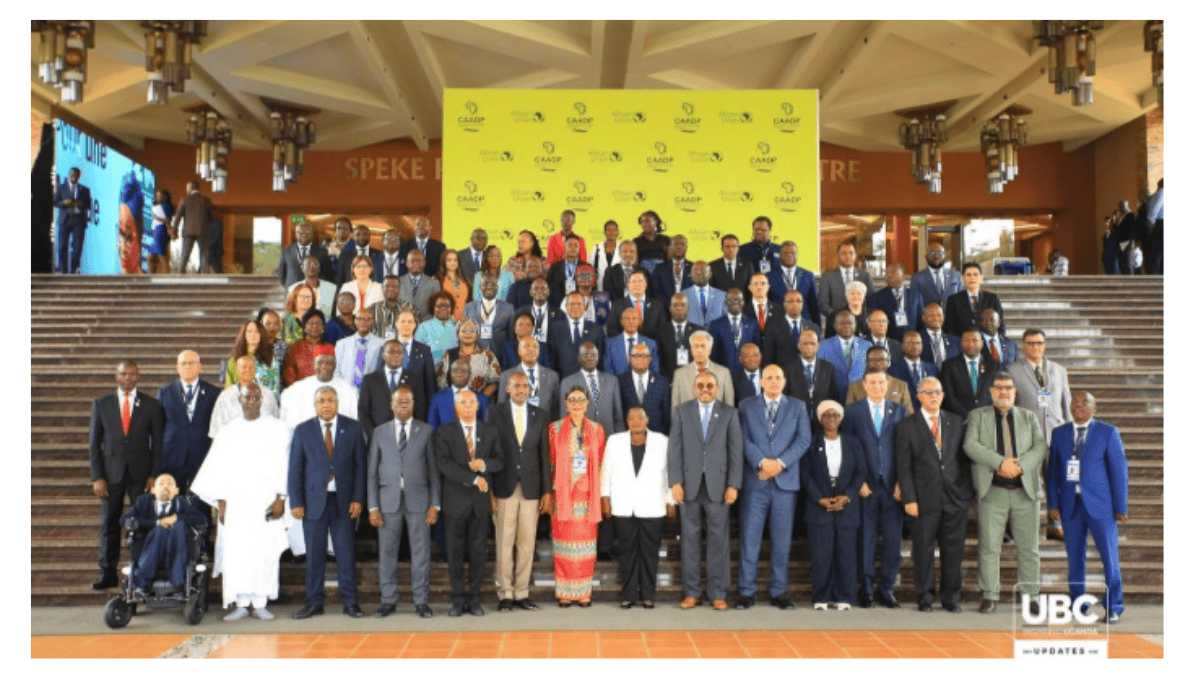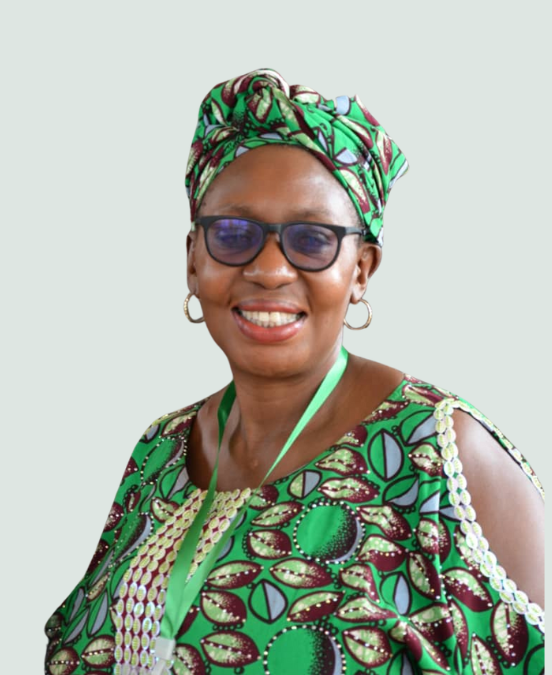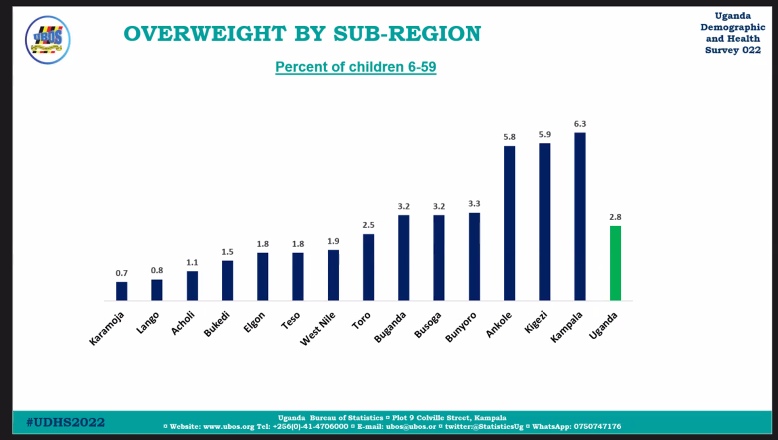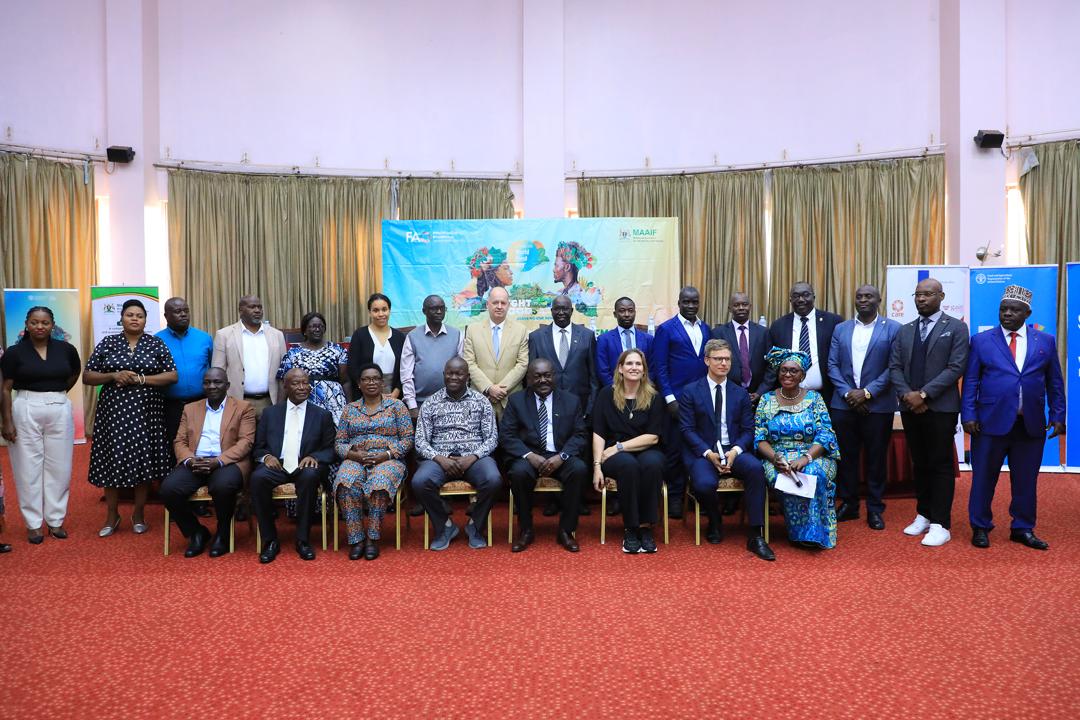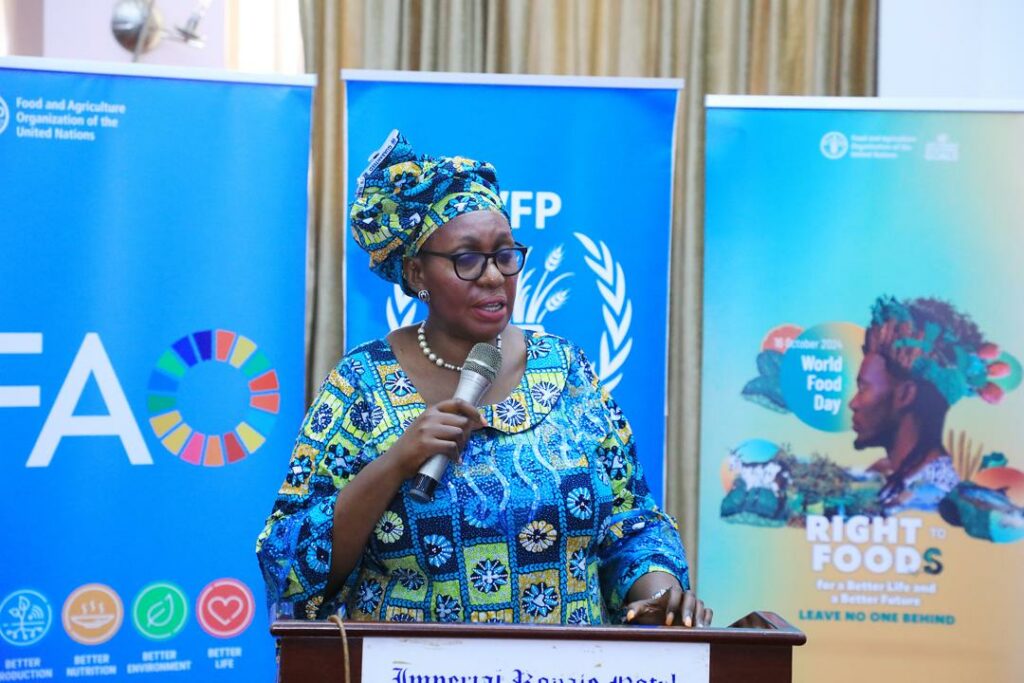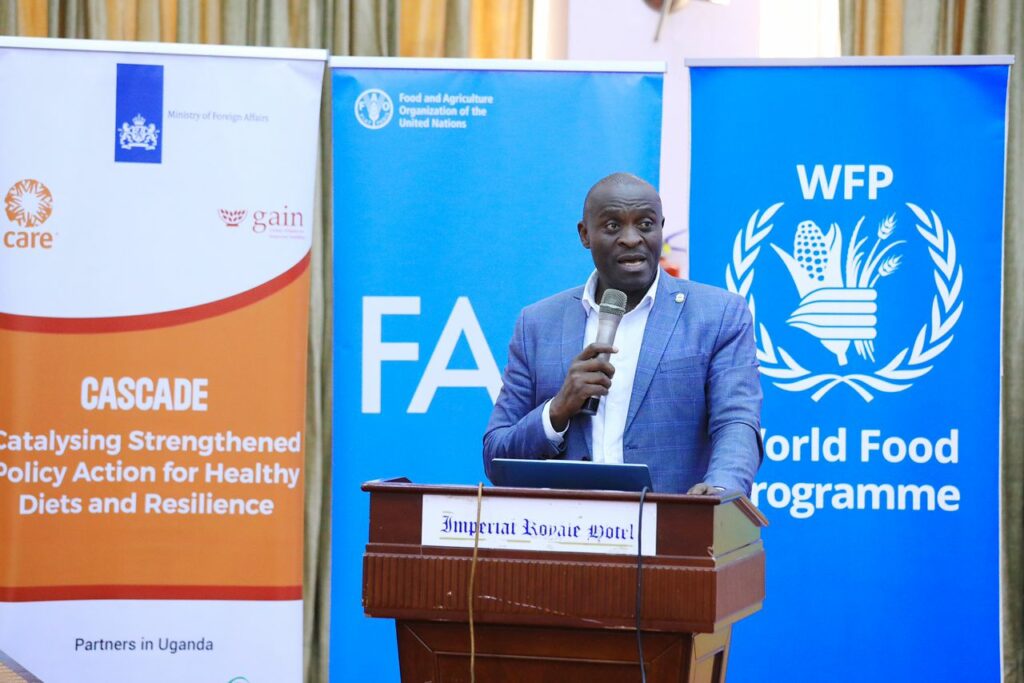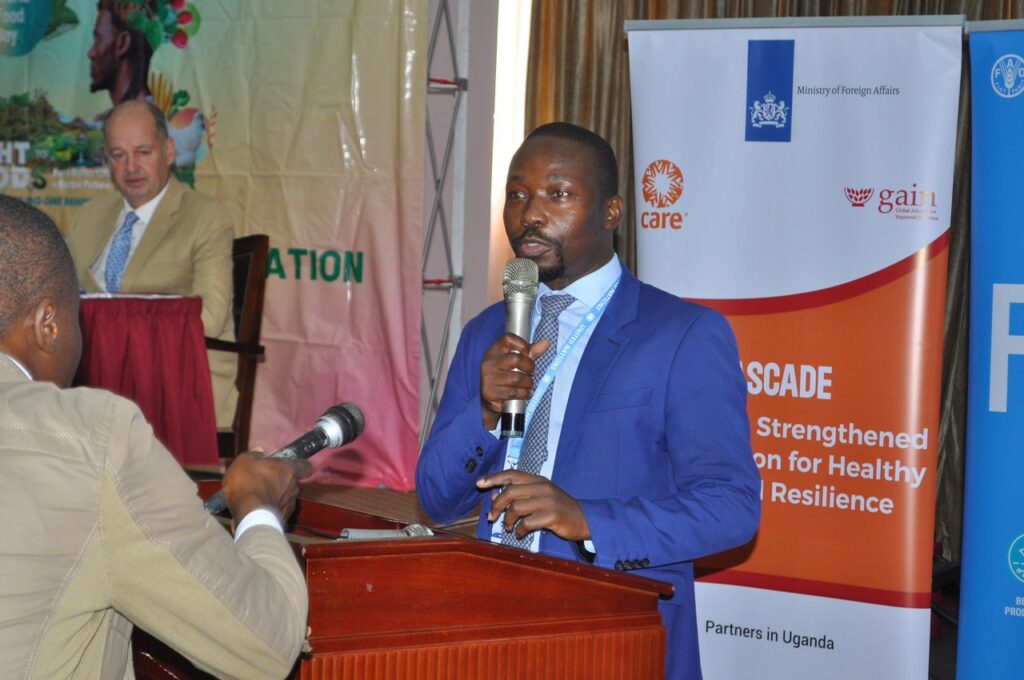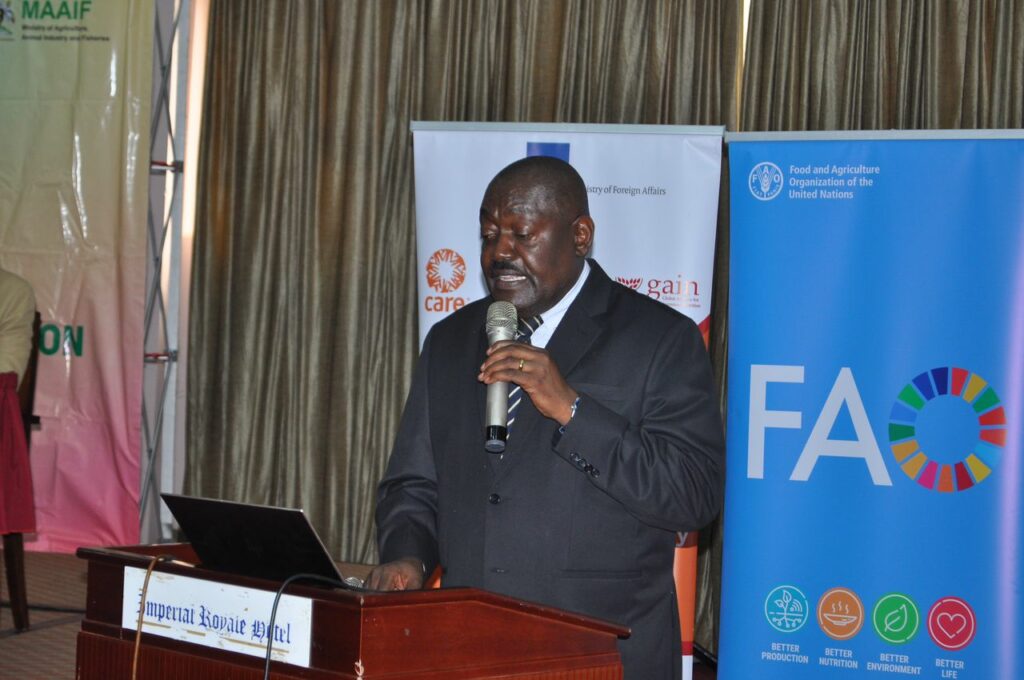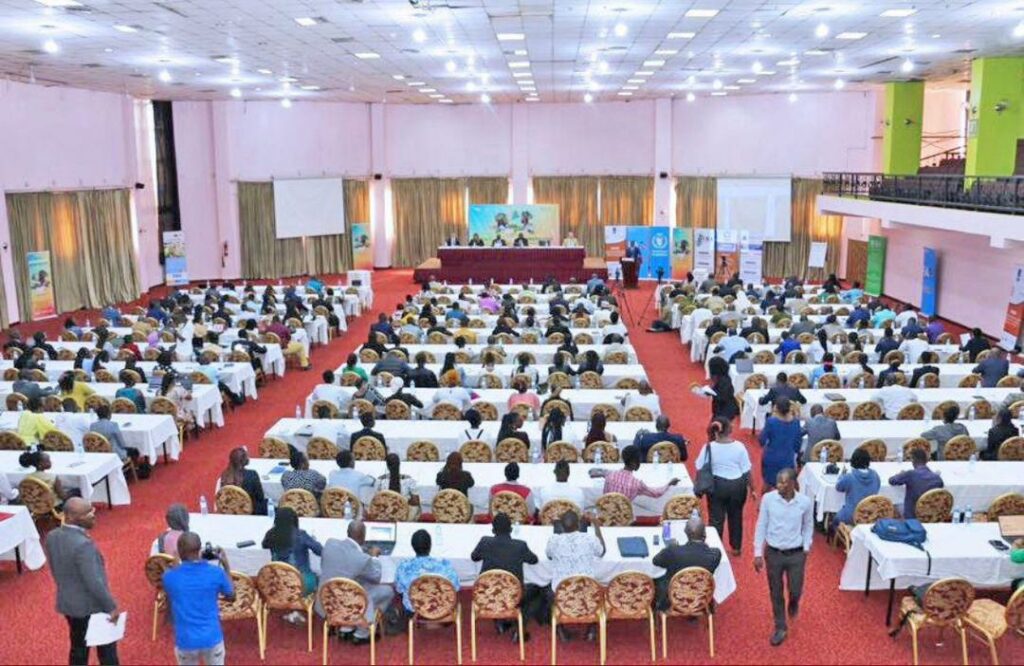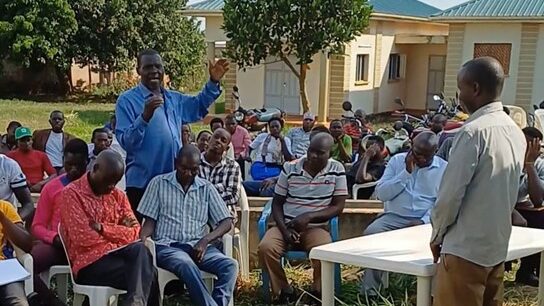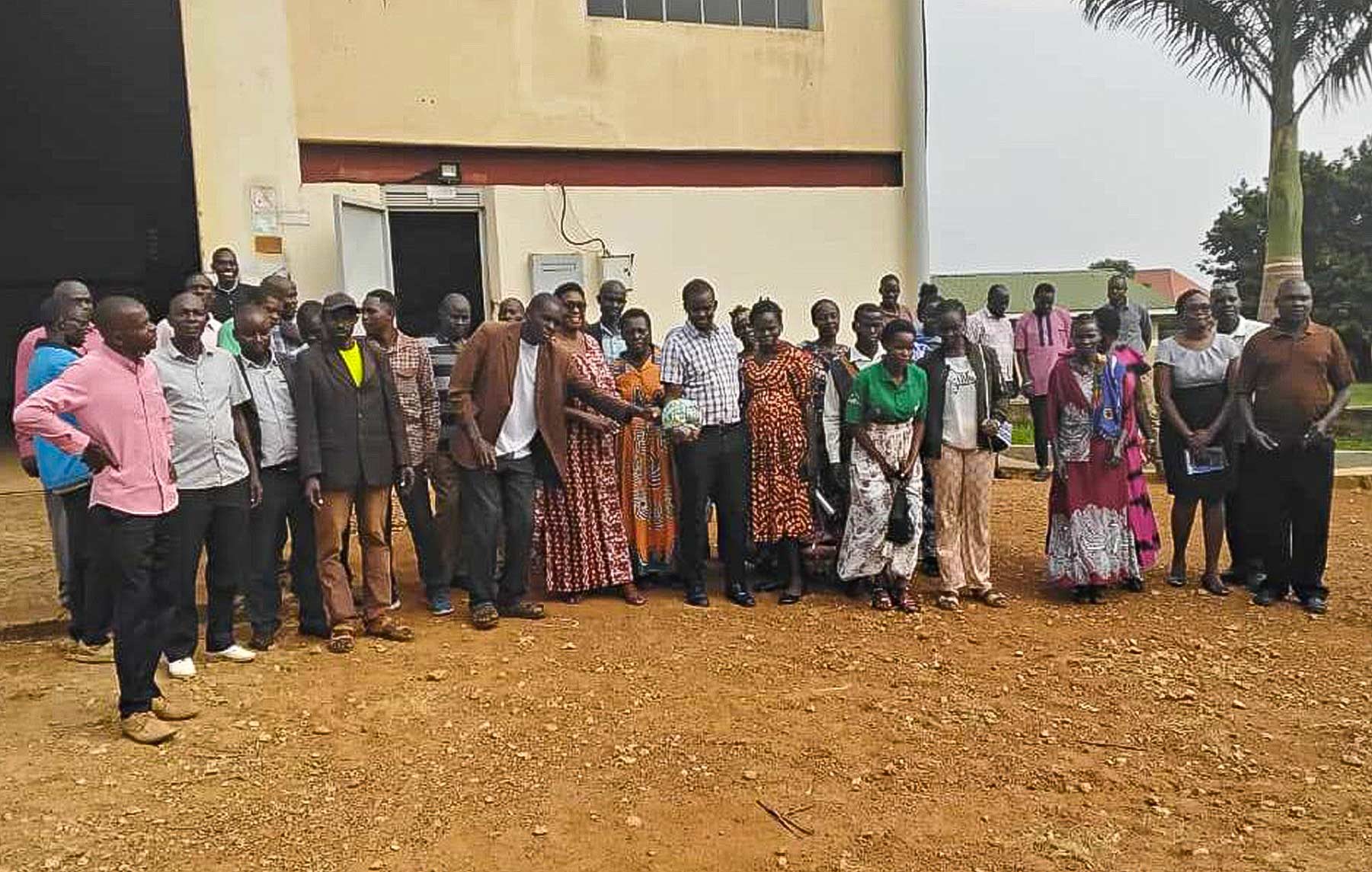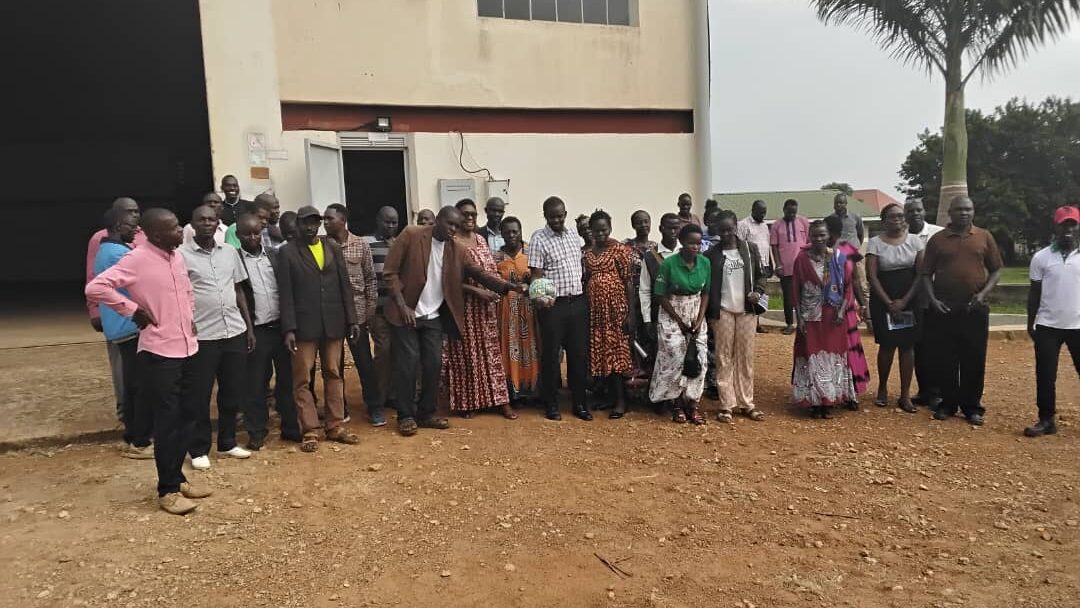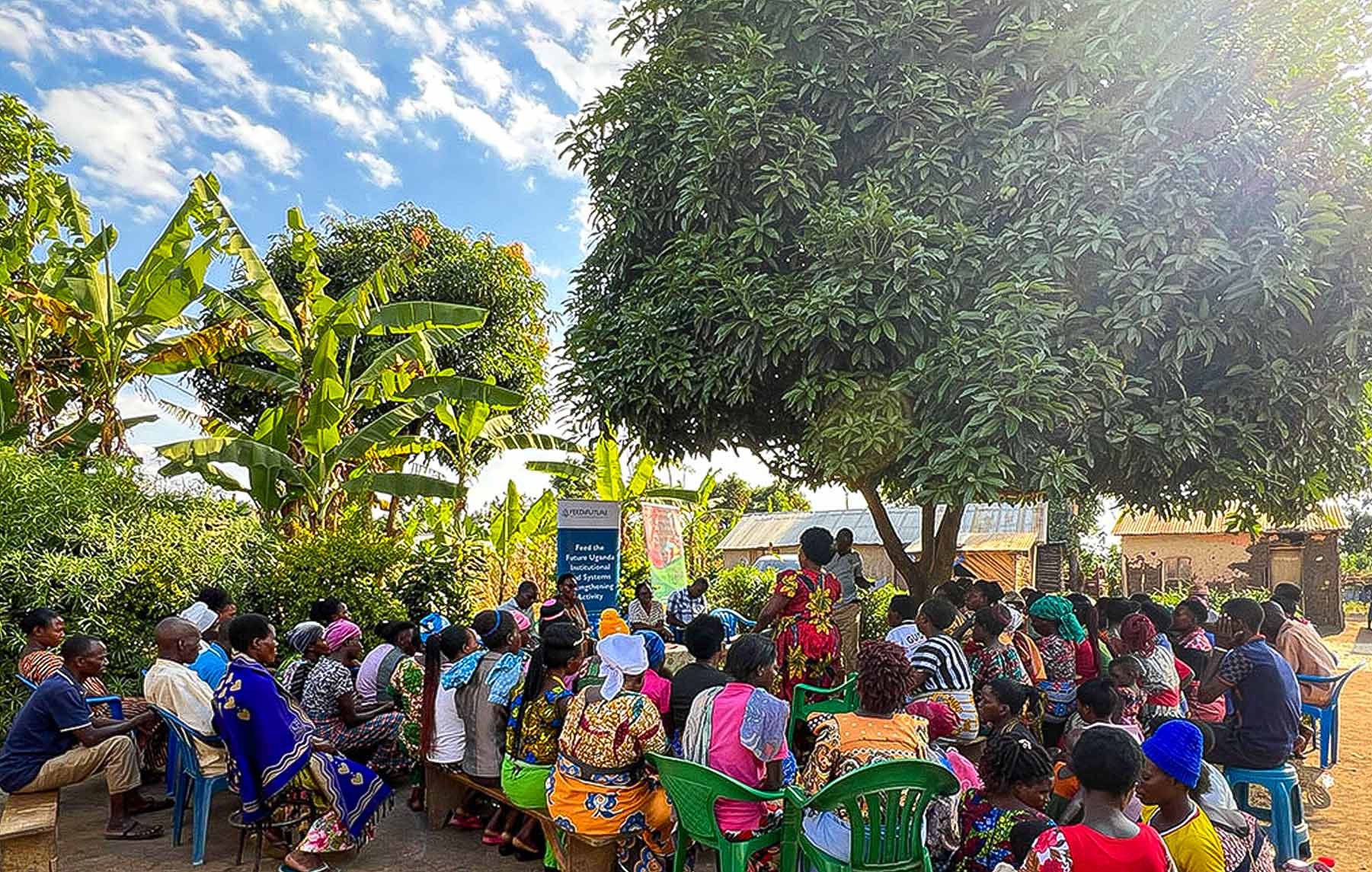By Lucky Brian Wamboka-Head of Program Quality and Partnerships
The African Union’s Comprehensive Africa Agriculture Development Programme (CAADP) has been driving agricultural transformation on the continent for two decades. As Africa transitions to the Kampala Agenda, the CAADP Strategy and Action Plan (2026–2035) has been developed to tackle persistent and emerging challenges of the Continent’s agri-food systems.
The AU CAADP Kampala Summit, held from January 9-11, 2025, brought together over 2,000 delegates, including government leaders, the private sector, farmer organizations, farmers, youth, civil society, researchers and academia, and the general public. The summit culminated in the Kampala Declaration, marking a decisive step toward achieving economic growth and food security across Africa.
On January 9, 2025 an event side session was organized by the Food Rights Alliance (FRA) through the SUN CSN Uganda explored the transformative potential of multistakeholder approaches in strengthening resilient, inclusive, and sustainable urban food systems. The session leveraged key lessons from the Good Food for Cities Program in Mbale City, Uganda, and examined innovative strategies, policies, and partnerships to enhance access to safe, nutritious, affordable, and culturally acceptable food for all in the fast urbanizing Africa.
The registered successes of the multi stakeholder platform in Mbale including, development of a food safety bi-law, creation of food safety awareness, establishment of food governance structures like the Good Food Council, strengthened coordination of actors to promote urban food governance and facilitating data-driven initiatives and evidence-based advocacy were key cornerstones that catalyzed debate during the session.
Read Also: Stakeholders Call For Continental Action Toward Strengthening Food System Governance in Africa
Participants in the session observed that most African cities have liberalized economies where market forces determine prices and drive economic activity. In most cities, the food system agenda is being overlooked in the current discourse due to existing gaps in the institutional framework and limited financing. Cities lack policy frameworks bringing about informality hence inadequate regulation of food quality. The food economies are dualistic in nature (formal and informal) characterized by poor food storage facilities coupled with poor food waste management in the city.
African cities can learn from Mbale’s experience. Poor coordination among actors gave birth to the Platform to strengthen the food system. The Good Food Parliament for instance has facilitated stronger inclusive urban food systems and promoting sustainability. It offers valuable insights into the effectiveness of multistakeholder platforms in addressing urban food system challenges. Such a platform brings together diverse actors in the food systems both state and non-state to discuss and address systemic and structural food system challenges, promoting a more inclusive and sustainable food system.
Effective collaboration between national and subnational governments is critical to the success of such platforms. National authorities should create clear mandates for local action and encouraging initiatives like the Good Food Parliament in their national development plans. This collaborative approach will foster the development of context specific and responsive policies that will effectively create a conducive good environment that respects and promoted food as a dignifying commodity.
Multi-level governance plays a crucial role in shaping how municipalities act on their local food systems. The way power, budgets, and responsibilities are shared across government levels can either enable or limit local actions. In addition, Cities should recognize the interdependence of urban and rural areas in Africa by creating coordination platforms at the level of interconnected territories.
In conclusion, a comprehensive approach to urban food systems necessitates a multifaceted consideration of all stakeholders, robust marketing systems, strategic private sector engagement, and strong urban food linkages to foster equitable, sustainable, and resilient food systems.
As Africa is fast urbanizing, leaders and stakeholders should boldly conform to the question of WHAT WILL THE PROPLE IN THE URBAN AFRICA EAT?
